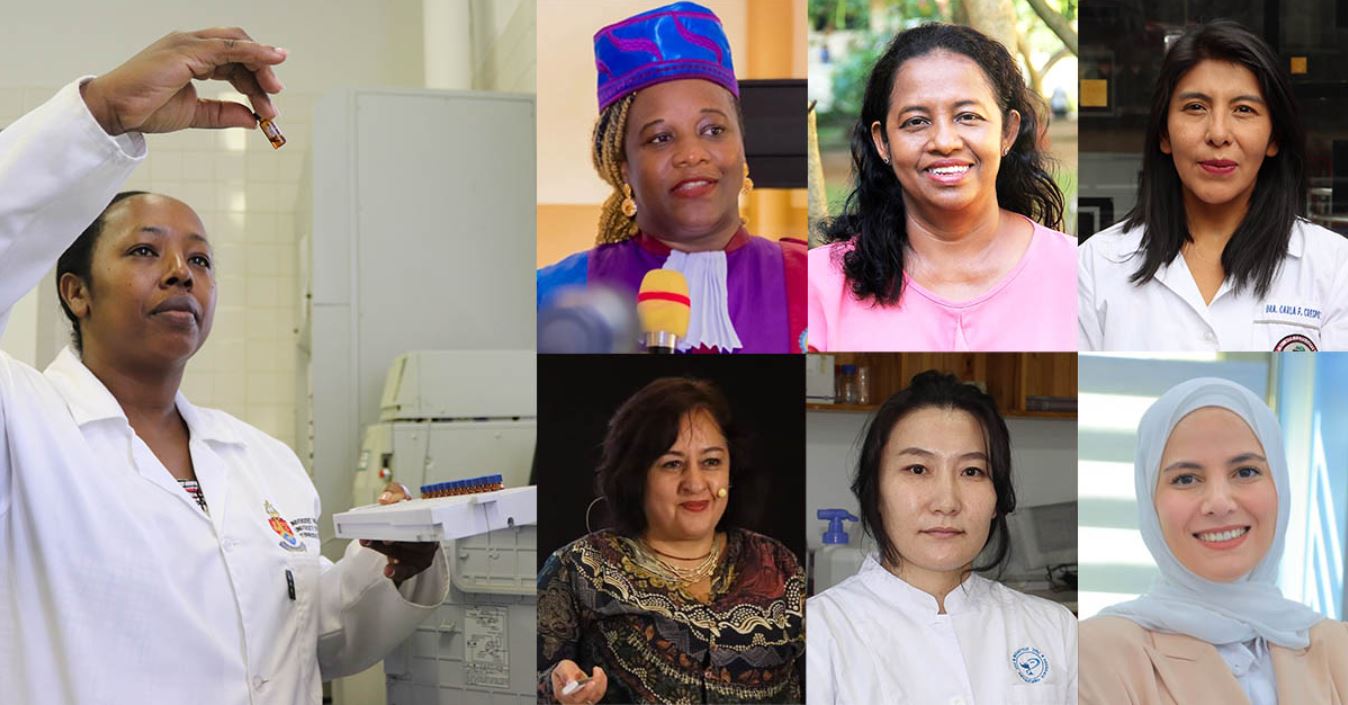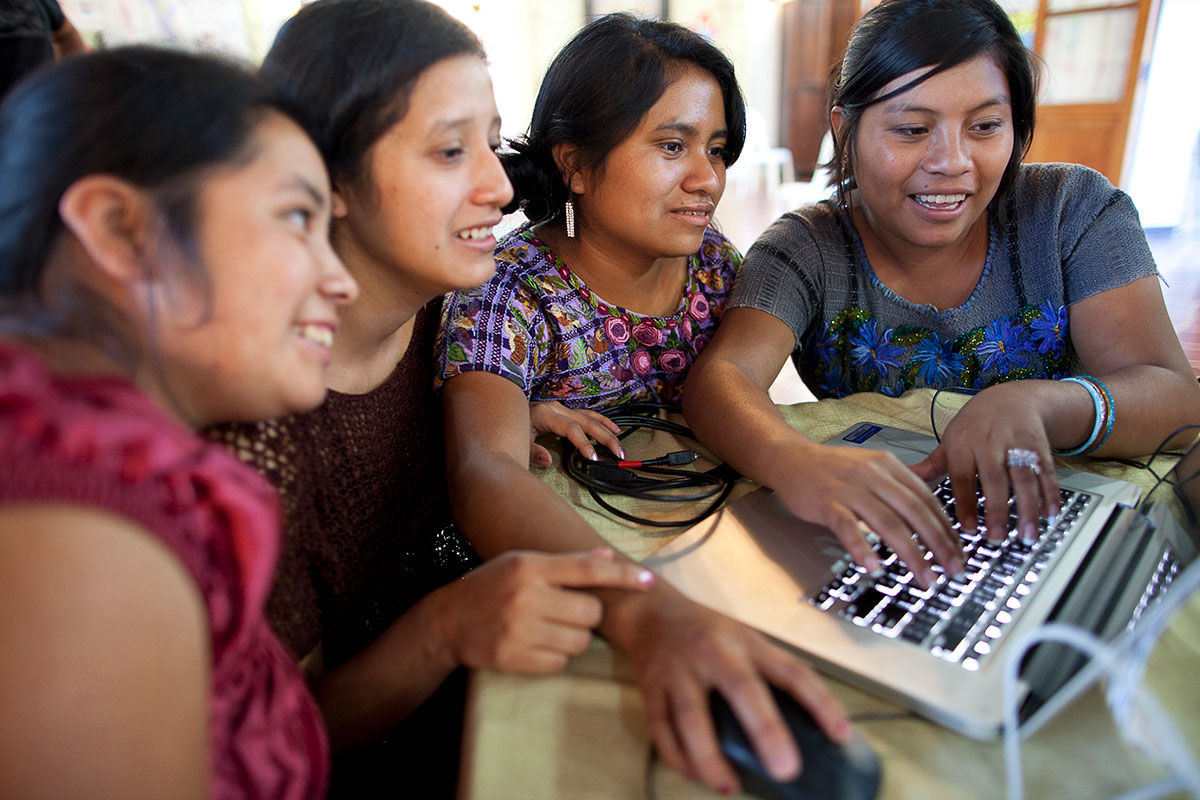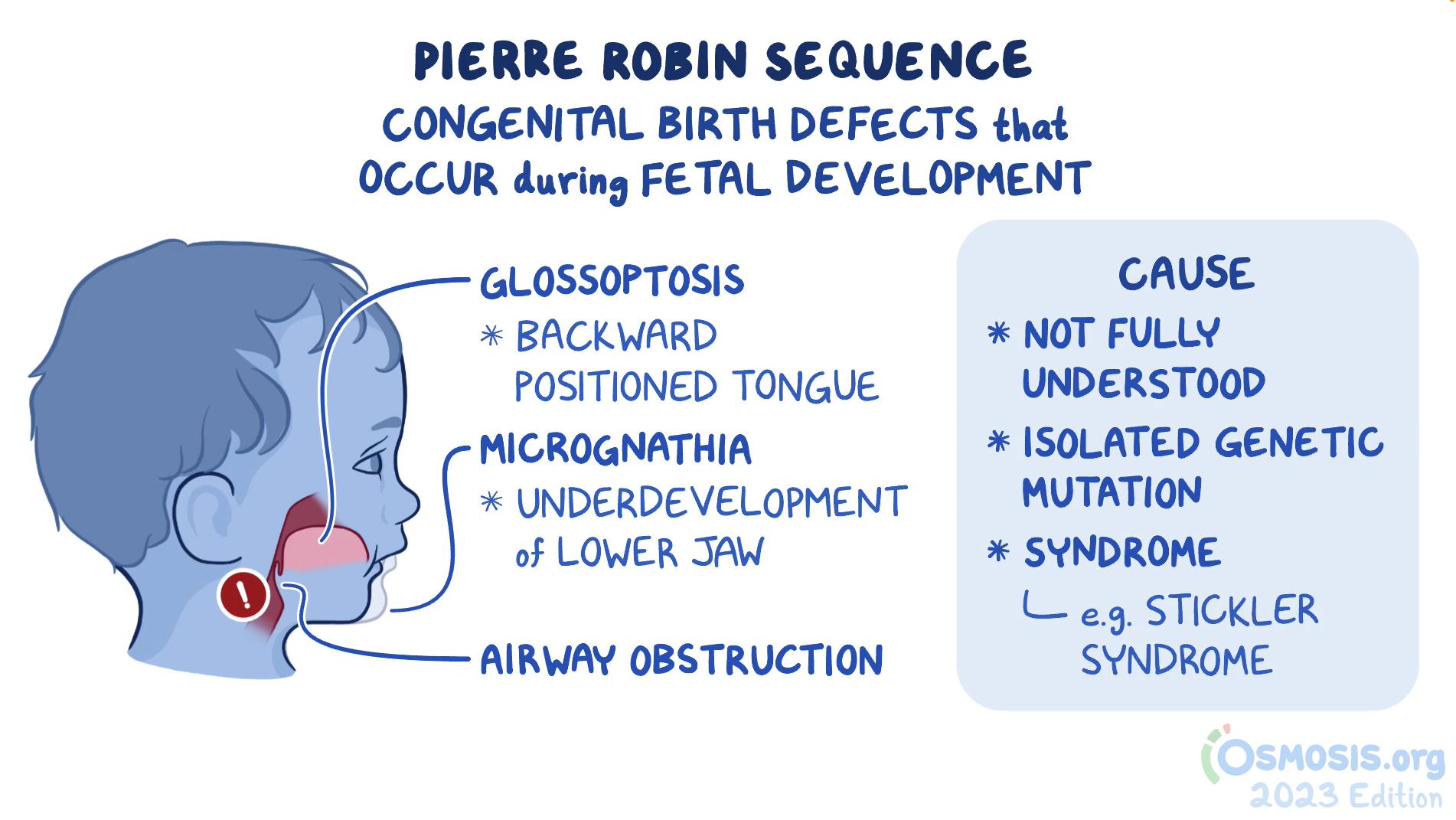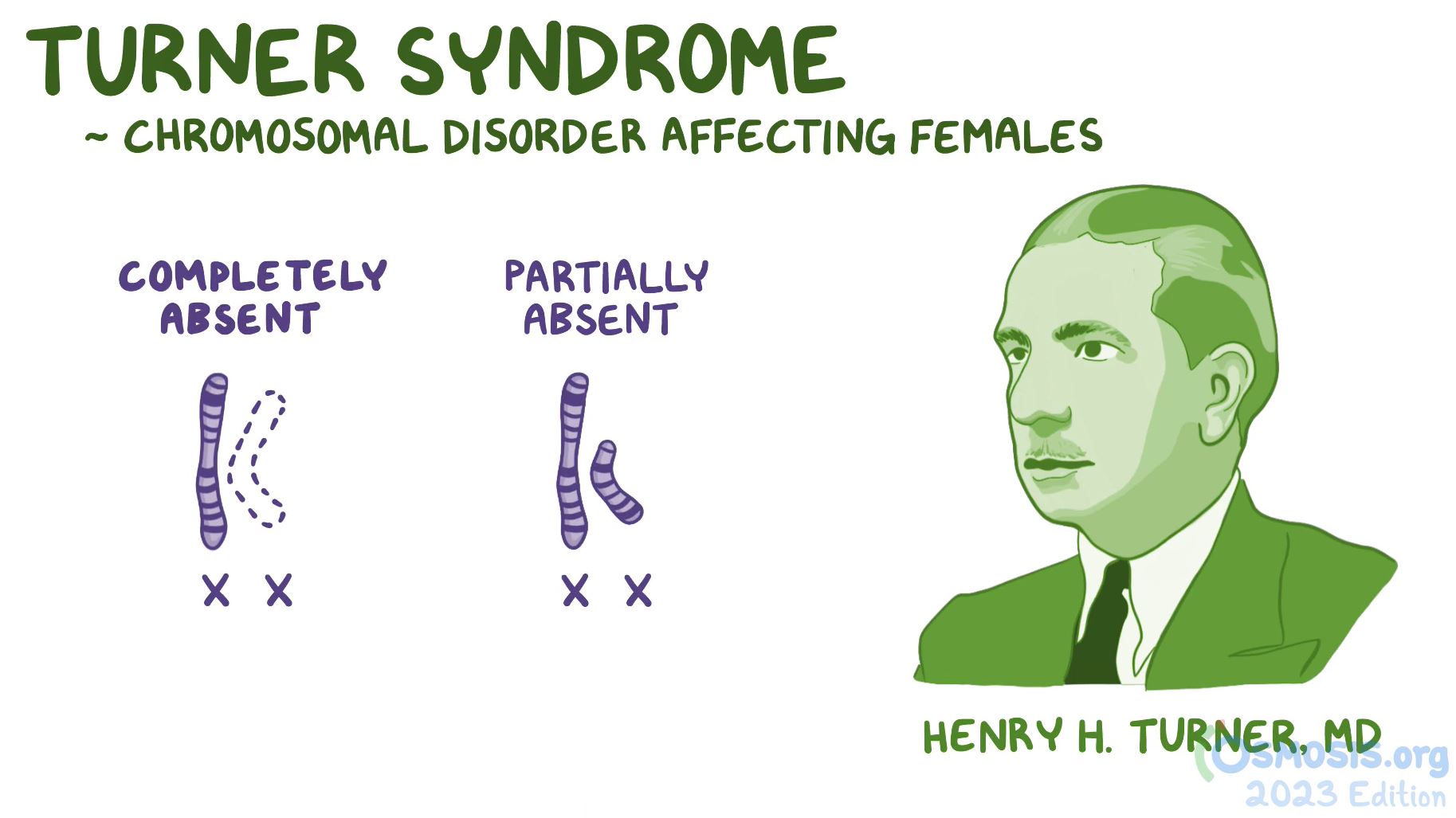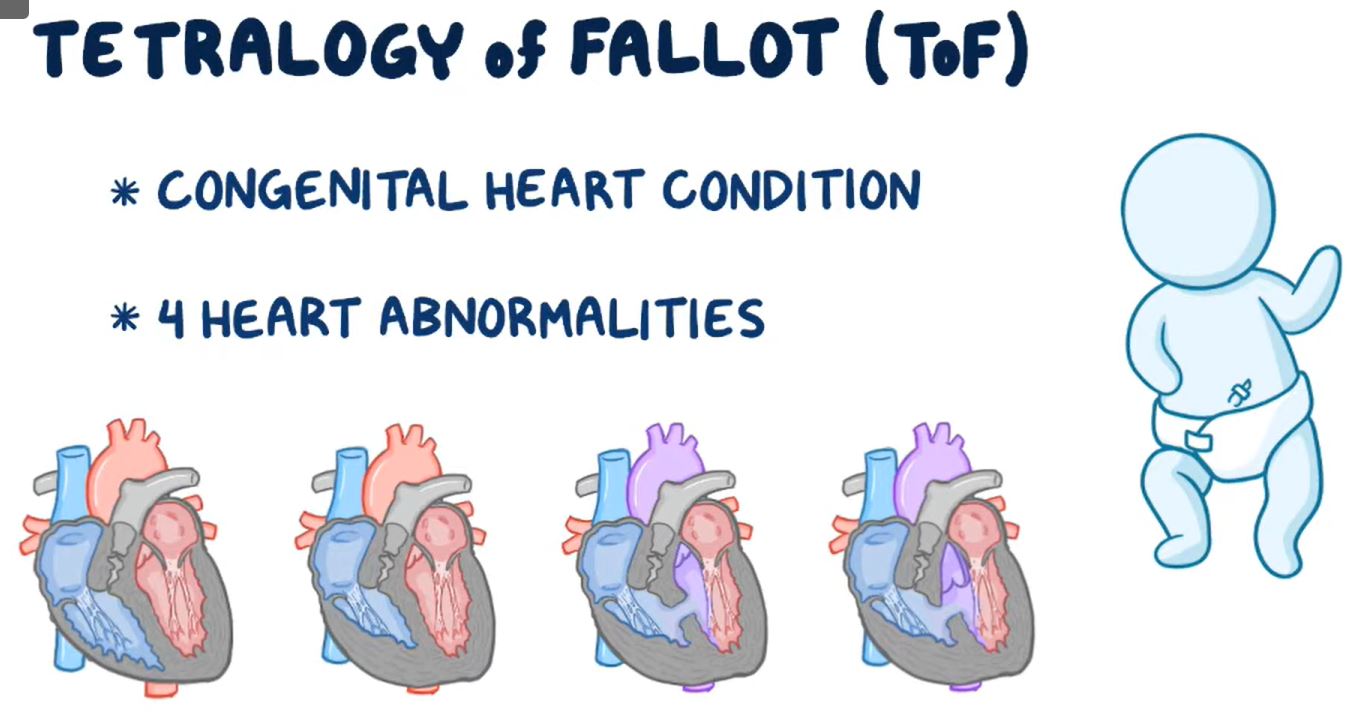The role of science in achieving the United Nations' Sustainable Development Goals (SDGs) cannot be overstated. Science, technology, and innovation are instrumental to addressing the significant challenges encompassed within the 17 SDGs, ranging from poverty and inequality to climate change and biodiversity loss.
Science underpins our understanding of the challenges our world faces and is pivotal in SDG 13 (Climate Action) and SDG 14 (Life Below Water) and 15 (Life on Land), where understanding ecosystems, environmental degradation, and climate change is paramount. Research in the Earth and environmental sciences provides us with knowledge about the severity of these issues and potential mitigation and adaptation strategies.
Furthermore, in SDG 3 (Good Health and Well-being), science in the form of medical research and biotechnology contributes to the development of treatments and preventive measures for various diseases. Vaccines, therapeutic drugs, and disease prevention techniques have been made possible due to advancements in biological and health sciences.
Moreover, technological advancements and innovative solutions, often rooted in science, are essential to achieving SDG 7 (Affordable and Clean Energy), SDG 6 (Clean Water and Sanitation), and SDG 9 (Industry, Innovation, and Infrastructure). From developing renewable energy technologies to creating systems that enhance water and sanitation accessibility, science serves as the bedrock of these innovations.
Science also plays a critical role in SDG 2 (Zero Hunger) by improving agricultural methods, crop yields, and food storage. Through genetic engineering and modern farming techniques, scientists can help increase food security and reduce world hunger.
Finally, science is integral to SDG 4 (Quality Education). A well-rounded education should include a robust scientific curriculum that fosters critical thinking, problem-solving, and a deep understanding of the world. Furthermore, by promoting scientific literacy, societies are better equipped to make informed decisions about policies and practices that affect sustainable development.
To make strides in achieving the SDGs, the scientific community, policymakers, and society must work together. The integration of science into policy-making processes is fundamental in developing and implementing sustainable and impactful strategies that move us closer to accomplishing these ambitious yet achievable goals.
Andrew J. Boulton, Maria Elina Bichuette, Kathryn Korbel, Fabio Stoch, Matthew L. Niemiller, Grant C. Hose, Simon Linke, Chapter 23 - Recent concepts and approaches for conserving groundwater biodiversity, Editor(s): Florian Malard, Christian Griebler, Sylvie Rétaux, Groundwater Ecology and Evolution (Second Edition), Academic Press, 2023, Pages 525-550, ISBN 9780128191194
Celebrated annually on 8 March, International Women's Day is a global day to recognize the social, economic, cultural, and political achievements of women. The theme for this International Women’s Day 2023 (IWD 2023) is “DigitALL: Innovation and technology for gender equality." Elsevier is proud to support IWD 2023 through this thoughtfully curated, freely accessible collection of journal articles and book chapters highlighting the strides being made towards embracing equity and the barriers that stand in the way of achieving gender equality.

